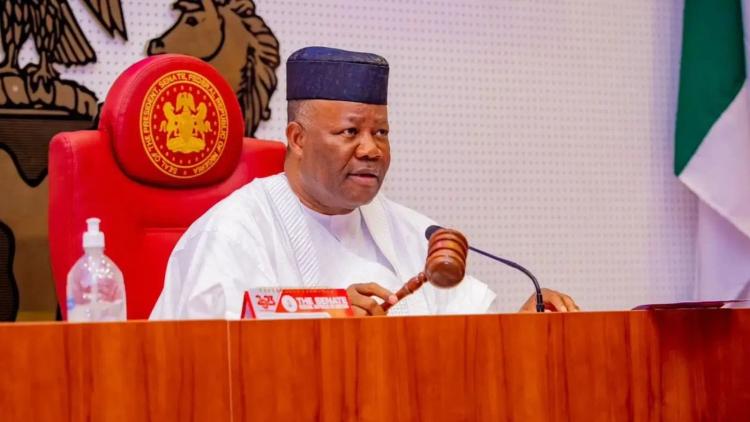Street protests often arise from social unrest, dissatisfaction with government policies, or a perceived lack of effective communication between authorities and citizens. I will explore the significance of effective communication strategies in preventing street protests, emphasizing the importance of transparency, active listening, and community engagement. By fostering a collaborative environment, governments and organizations can address grievances before they escalate into public demonstrations.
Street protests have been a critical aspect of societal change and expression of public sentiment throughout history. While protests can serve as a powerful tool for advocacy, they often disrupt communities and can lead to tensions between citizens and authorities. Effective communication is paramount in preventing these occurrences, as it ensures that concerns are addressed and that there is a shared understanding between parties.
It is therefore important to discuss various communication strategies that, when implemented, can mitigate potential conflicts and prevent protests from arising.
Transparency is one of the foundational pillars of effective communication. When authorities are open about their decision-making processes, policies, and the challenges they face, it builds trust within the community. Citizens are more likely to feel heard and valued when they understand the reasoning behind certain decisions. To enhance transparency, governments can utilize various tools, such as:
Providing consistent updates on policy changes and current issues through social media, public forums, and community meetings.
Ensuring that information is easily accessible to the public, using clear language and avoiding jargon that may alienate certain groups.
Implementing channels for citizens to voice their concerns and suggestions, reinforcing the idea that their opinions matter.
Active listening involves not just hearing but understanding the concerns of citizens. Authorities should prioritize this approach to create a dialogue rather than a monologue. Strategies for effective active listening include:
Organizing regular town hall meetings or media chat where citizens can express their grievances directly to decision-makers in a structured environment.
Conducting surveys to gather public opinion on relevant issues, thereby showing that the authorities value citizen input.
Utilizing both online and offline platforms to reach diverse populations, ensuring that all voices are included in the conversation.
Building relationships with community leaders and organizations can significantly enhance the effectiveness of communication strategies. Engaging these stakeholders creates a network of trust and collaboration that can help prevent protests. Key methods include:
Collaborating with community groups to facilitate discussions and outreach initiatives that allow citizens to engage with authorities in a meaningful way.
Initiating programs that educate the public on governance, civic engagement, and policy implications can empower citizens and reduce misinformation.
Providing training for both authorities and community members on conflict resolution can foster mutual understanding and reduce tensions.
Case Studies and Examples
Several cities have successfully utilized effective communication strategies to prevent protests. For instance, the city of Denver, Colorado, implemented a community policing model that emphasized dialogue between police officers and residents. This approach not only built trust but also significantly reduced the number of protests related to police conduct.
In another example, the government of Portugal launched a digital platform that allowed citizens to engage in policymaking discussions and submit ideas for public projects. By creating an inclusive environment, the Portuguese government was able to address citizen concerns proactively, leading to decreased public unrest.
Preventing street protests requires a dynamic approach, with effective communication strategies at the forefront. By prioritizing transparency, active listening, and community engagement, governments and organizations can foster a collaborative environment where citizens feel valued and heard.
This proactive approach not only mitigates the risk of protests but also strengthens the fabric of democracy by promoting civic participation and empowerment. As global societies continue to evolve, harnessing effective communication strategies will be crucial in addressing the underlying issues that lead to unrest, thereby creating a more harmonious coexistence.
*Dr. Afolabi Olajuwon is a Fellow of the Nigerian Institute of Public Relations, Fellow of the Institute of Management Consultants, a Researcher and resource person at the International Institute of Journalism, Abuja.





